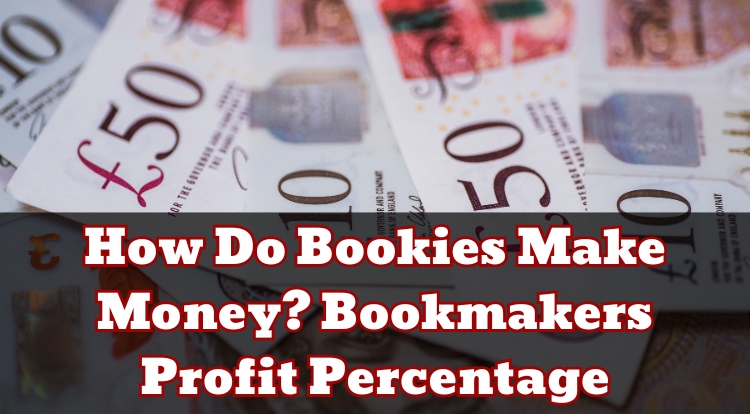Is Sports Betting Rigged For Most People To Lose?
Sports betting has become a popular pastime for many, offering the thrill of betting on an outcome you think will happen in a certain match or race. But beneath the excitement, some punters wonder if the odds are stacked against them. Is it possible that sports betting is, by design, biased towards making most people lose?
In this blog post, we explore the insights and mechanisms behind sports betting to determine whether these concerns hold any truth. By understanding how odds are set and the role of bookmakers, we can better grasp the realities of betting.
Join us as we unravel this intriguing topic and shed light on whether sports betting is indeed fair or unfairly weighted against players.
Is Sports Betting Rigged?
While some may suspect foul play, sports betting in itself is not rigged. Bookmakers, often called bookies, do not directly influence the outcome of the sports events. The results are determined by the athletes or teams competing, which the bookmakers have no sway over.
Bookies make their money by taking bets on both sides of an event. They set the odds, which are calculated to encourage bets on all possible outcomes and slightly adjusted so that while they still indicate the likelihood of a certain outcome, they do not precisely reflect the true odds of the outcome. This allows them to balance the books, ensuring they can cover payouts no matter who wins. So, there is no incentive for them to fix the outcomes.
A bookmaker’s primary goal is to keep bettors engaged and participating. To do this, they must provide reasonable odds. If the odds are too skewed, punters are likely to stop betting with them, and the bookie would lose business.
Do Bookies Ever Lose Money?
Bookmakers, or bookies, are not immune to losing money. This can happen when an unexpected outcome occurs, such as a major upset in a match or race. If many punters bet on the underdog and they win, the bookie might have to pay out more than anticipated.
To minimise the risk of loss, bookies employ several strategies. One effective method is balancing the books. This involves adjusting the odds to ensure bets are placed across all possible outcomes so the potential payouts on one side are covered by the potential losses on the other, regardless of the result.
Another key principle used by bookies is the overround. This involves setting odds in a way that slightly favours the bookmaker; this is what we discussed above and why the odds are not a true reflection of the likelihood of an outcome but are still a good indicator. This built-in margin helps ensure profitability over the long run, even if losses occur in the short term.
Despite these strategies, it is important to remember that betting can still involve some risk for bookmakers. Unexpected events can and do lead to losses, but experienced bookies manage these risks carefully to remain profitable overall.
Play Slots & Online Casino Games
How Do Bookmakers Make Profit?
Bookmakers make their profit by managing the odds and ensuring they pay out less money than they take in. A key method they use is the overround principle. This involves setting odds that add up to more than 100%. The excess represents the bookmaker’s margin, ensuring that they have an edge over the punters.
Balancing the books is another important tactic. Bookmakers aim to have bets placed relatively evenly across all potential outcomes. They achieve this by altering the odds based on betting patterns. By doing this, they can cover payouts no matter the result, reducing the risk of significant losses.
In addition to setting odds, bookmakers sometimes engage in backing and laying bets. Backing is when they take bets from punters, while laying involves placing bets themselves, usually on betting exchanges. This practice can help them manage risk and maintain consistent profits.
Can You Beat The Bookies?
While the idea of beating the bookies might sound appealing, there is no guaranteed way to consistently win at sports betting. The outcome of any sports event can be influenced by numerous unpredictable factors, such as weather conditions, injuries, or unexpected performances.
Even the bookies can’t perfectly predict what will happen. That is why they set odds to balance their risk. Instead of trying to beat them, it is more realistic to enjoy betting as a form of entertainment rather than viewing it as a way to make money.
A wise approach is to only place bets you are comfortable with losing. This helps keep your experience enjoyable and stress-free. It is also important to stick to a budget to ensure that betting remains a fun activity without affecting your finances.
Having some knowledge about the sport or event you are betting on can also be helpful. Being informed may improve your chances of placing a sensible bet rather than risking your money on something unfamiliar.
In summary, while you can’t guarantee a win, you can ensure your betting experience is responsible and enjoyable by making informed choices and managing your budget effectively.
**The information provided in this blog is intended for educational purposes and should not be construed as betting advice or a guarantee of success. Always gamble responsibly.
































































